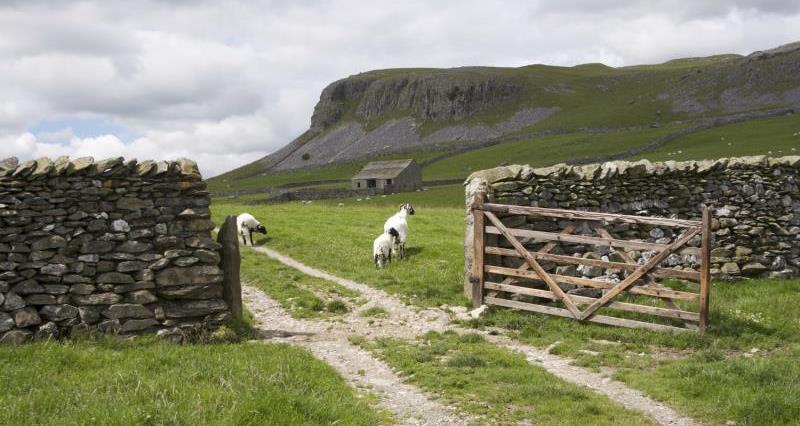In November 2023, the government announced it plans to implement the Landscape Review proposals following its 2022 consultation on the changes to the legislative framework of Protected Landscapes, its role in ELMs and the planning system, and the potential for greater enforcement powers to manage visitor pressure.
The announcement also included a summary of the responses received as part of the consultation.
The government received more than 15,000 responses, including the NFU’s response. The NFU highlighted the vital role that farming plays in Protected Landscapes and the need for the government to recognise and support this as part of its proposals.
The government response’s demonstrates it ongoing commitment to National Landscapes (AONBs) and National Parks, and its plan for these areas which was set out in the EIP (Environment Improvement Plan).
The key points from the government's response including the actions being taken forward are summarised below.
Strengthened legislative duties
Through both the Environment Act and Levelling Up and Regeneration Act, the government has introduced measures that will strengthen legislative duties for Protected Landscapes.
This places a legal biodiversity duty on public bodies to consider and take action to conserve and enhance biodiversity, ensures Protected Landscape management plans help deliver the national environmental targets and 30by30 commitments as set out in the outcomes framework, and requires all plan makers to take account of LNRS (Local Nature Recovery Strategies) within their plans.
The NFU has raised concerns with Defra about how these additional duties could affect the future of farm businesses in Protected Landscapes.
New landscape creation and designations
A commitment to create a new National Park, a new National Forest and additional National Landscapes (two new and two extensions).
Natural England has just begun the process of identifying areas for consideration for the new National Park, this is expected to take several years.
The competition to identify a new National Forest is open from the 3 February – 18 March 2024.
A new Protected Landscape partnership
A new Protected Landscape partnership will bring together National Parks England, the National Landscapes Association (previously AONB association), National Trails UK and Natural England.
It aims to identify opportunities for collaboration on nature recovery and removing barriers to access.
Additional funding
To enable Protected Landscapes to deliver the government’s ambitious vision for nature and people, the government is providing an additional £10 million in funding to National Parks and National Landscape bodies in 2024.
This is further supported through other funding initiatives including the Access for All programme, Water in Protected Landscapes, the FiPL (Farming in Protected Landscape) programme, and Landscape Recovery projects.
The government is also building the capacity of Protected Landscapes to generate more private finance.
The NFU recognises that some farmers have benefited from FiPL and is pleased to see that once the programme comes to an end in March 2025, Defra will be taking forward some of the learnings into ELMs.
The NFU continues to engage with Defra on this development to ensure members' feedback is taken on board.
‘Agree in principle’
The government's response indicates that it agrees in principle to introduce greater enforcement powers to manage visitor pressures in these landscapes and to grant National Park and Broad Authorities a more general power of competence.
The NFU will be exploring with Defra how this may be progressed.
